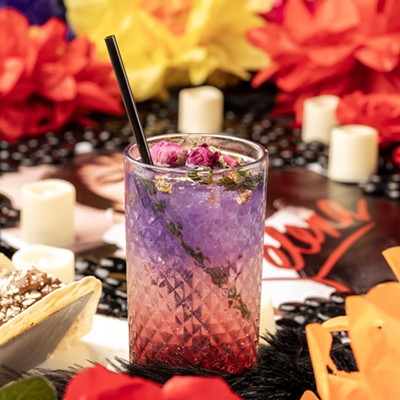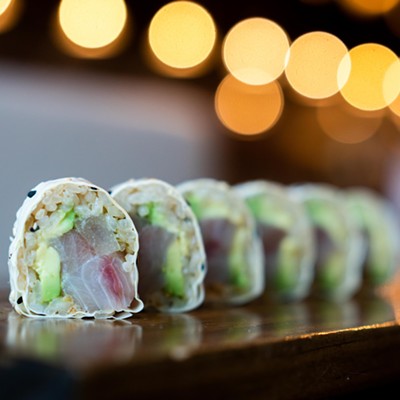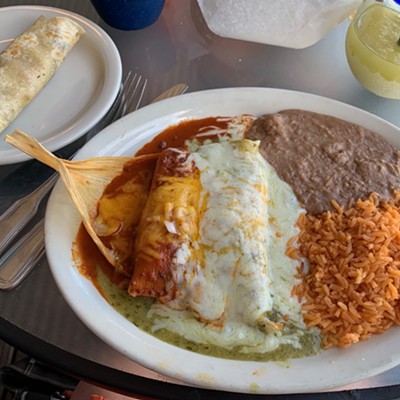"We had a vastly more sophisticated oyster culture 100 years ago than we do now," said Robb Walsh over a plate of six Gulf oysters yesterday afternoon. Walsh was speaking on a panel of winemakers on pairing white wines with oysters, but the lost history of Texas oysters was proving far more fascinating.
Much as grass-finished beef has a different flavor to it, so do oysters that are grown in one reef and moved to another to be "finished." It's a method that French oystermen have employed for ages, and one that Texas oystermen once did a century ago.
Those same Texas oystermen also knew which reefs, bays and estuaries were best for brinier oysters, fatter oysters or creamier oysters. At the turn of the last century, Walsh said, the Galveston Daily News was in the habit of publishing 3,000-word articles on the differences between Pepper Grove oysters and Resignation Reef oysters.
And you thought food-wanking was a recent phenomenon.
It was far from food wankery, however, to appreciate local and seasonal foods 100 years ago; it was simply normal. That appreciation -- and our oyster industry -- was changed forever when commercially minded Texas oystermen realized that they could ship their giant Gulf oysters all over the country to places like Maryland shucking houses where our fat, sweet oysters replaced the smaller, brinier oysters from more northern waters.
The result today, said Walsh, is that "three-quarters of Texas oysters are exported." People don't pay much for them, because there's nothing that special about a standard Gulf oyster. Except that there is.
"These are some of the last wild oysters in the world," said Walsh. While most oysters in other regions are farmed, ours still come straight from the same reefs they always have. "Pepper Grove oysters were prized during the Civil War," Walsh said. And they're beginning to be once more, as more diners rediscover the pleasures of eating local foods and more oyster fans discover the "merroir" that comes from our own waters.





